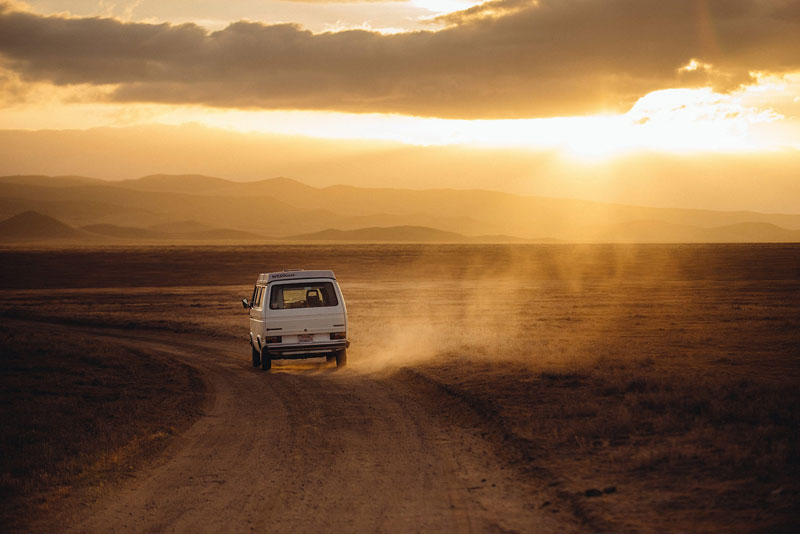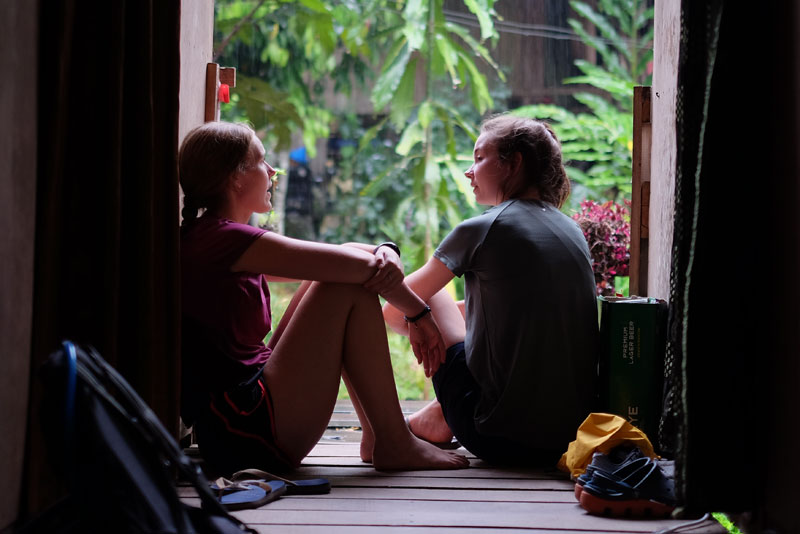Confession: I have a little bit of an OCD, which is obsessive-compulsive disorder. (Side note: it’s funny that this ends in “dis”order.) But you know when this comes in handy? When I go to a new country and I have to reorganize my entire life—new bills, new documents, new applications—new life!
Today I will share with you my tips on how to organize your exchange life. Sometimes I make reference to things particular to France, but this can help you even if you are going somewhere else on exchange:
1. First things first: make a shopping list.
After you’ve unpacked, make a list of everything you feel you need. These are things like groceries, accessories for your room/kitchen, school supplies. Once you have this list, your quest is to find the nearest supermarket and the nearest café/restaurant (because food should be a top priority).
Tip: don’t be afraid to knock on the neighbour’s doors to ask them where to go.
2. Take an inventory of your unforgettables and organize them.
I hope you didn’t forget to bring important things such as ID cards and credit cards. You should also have some spending cash in the local currency (I recommend the equivalent of CAD $150-200). You will probably also pay your rent upon arrival, so bring that money in cash (in addition to the above) or bring an international credit card to pay it with. Finally, bring all the paperwork you filled out to apply for your visa, your exchange, your residence, etc. (Because you obviously kept copies of everything before you sent in your applications – duh!)
This is something you should do every time you start a new process or project in life and continue it on a regular basis! First of all, make a folder in My Documents called Name of Host Country – Paperwork. Every time you begin a new task, such as “opening a bank account,” you should make a folder inside your host country folder called “Bank Account – Bank Name,” and at the same time make a physical folder on your desk as well. Any digital files related to this account should be saved in your e-folder, and any physical documents should be placed in your physical folder. This way you will always know where to find any related documents.
3. Do your chores.
I call these chores, but really, they are much more important than your chores. These are things you must get done after arriving in France. For starters, you have to:
a. Open a student bank account – Some options include CIC (my bank), BNP Paribas and Société Générale.
b. Get a phone line – For Canadians, I recommend Free Mobile, which includes unlimited calling to Canada FTW.
c. Get Internet –I recommend getting a FreeBox (same company as Free Mobile).
d. Apply for your carte de séjour (long-stay card) – Most people need this to legally live in France for a long period, such as six months or one year.
e. Apply for CLÉ Aquitaine – You need a guarantor who is a French citizen to basically guarantee that your rent will be paid. If you don’t know anybody who lives in France, you can apply for a guarantor online at the CLÉ Aquitaine website.
f. Apply for CAF – CAF is a residential bursary you get as a student in France. You should definitely apply as soon as possible so you can receive up to (but usually not even close to) 100 Euros per month.
g. Social Security: Usually you buy this on the first day of school from either Vittavi or LMDE. This is in addition to your travel insurance.
4. Attend your orientation session.
So eventually you will start school (if you’re on a university exchange). We were given an orientation day where we didn’t receive any pertinent information (yes, I said that), but I definitely recommend it as the place where you first meet some other people in your school. However, sometimes your school won’t even make sure you know when this orientation day, so if you miss it, don’t worry. Knock on some doors, as recommended earlier, and ask questions… oh right, organization! Make a folder in My Documents called Name of University – Year 20__. When you start classes, you guessed it, make a digital subfolder, and buy a binder with dividers or individual file folders for each class.
5. Remember that exchange = travel!
Of course, everybody who goes on exchange is traveling for about a third (there’s a pie chart somewhere) of their stay in their host country. Explore, my kids, but be organized! This is optional, but I also have a travel folder in My Documents. In this folder, I have subfolders by the name of places I visit: I save my e-tickets when I buy them for easy printing, and save links to any places on my wish list for easy access.
6. Take lots of pictures.
If you ever take pictures of anything, this is handy, even if you are not on exchange. In your My Pictures folder, make a folder named after each year that you took pictures (eg. 2006, 2007, 2013 etc.). In there, you guessed it, make folders per month. Simply placing your pictures in the right chronological order makes it very easy to find them. For example, I can show people what I did when I went back home during the holidays because the pictures are all saved in December 2012 or January 2013. In addition, I make separate folders for each trip to a new place, and simply save them under the right year. I can easily search for the name of a place I visited and all the pictures are in one folder.
Okay, so I hope this general organization guide helped you out somehow. You can always use different tactics to suit your personal needs. Happy organizing! If you have questions or requests of things you want me to write about, leave them in the comments below.








